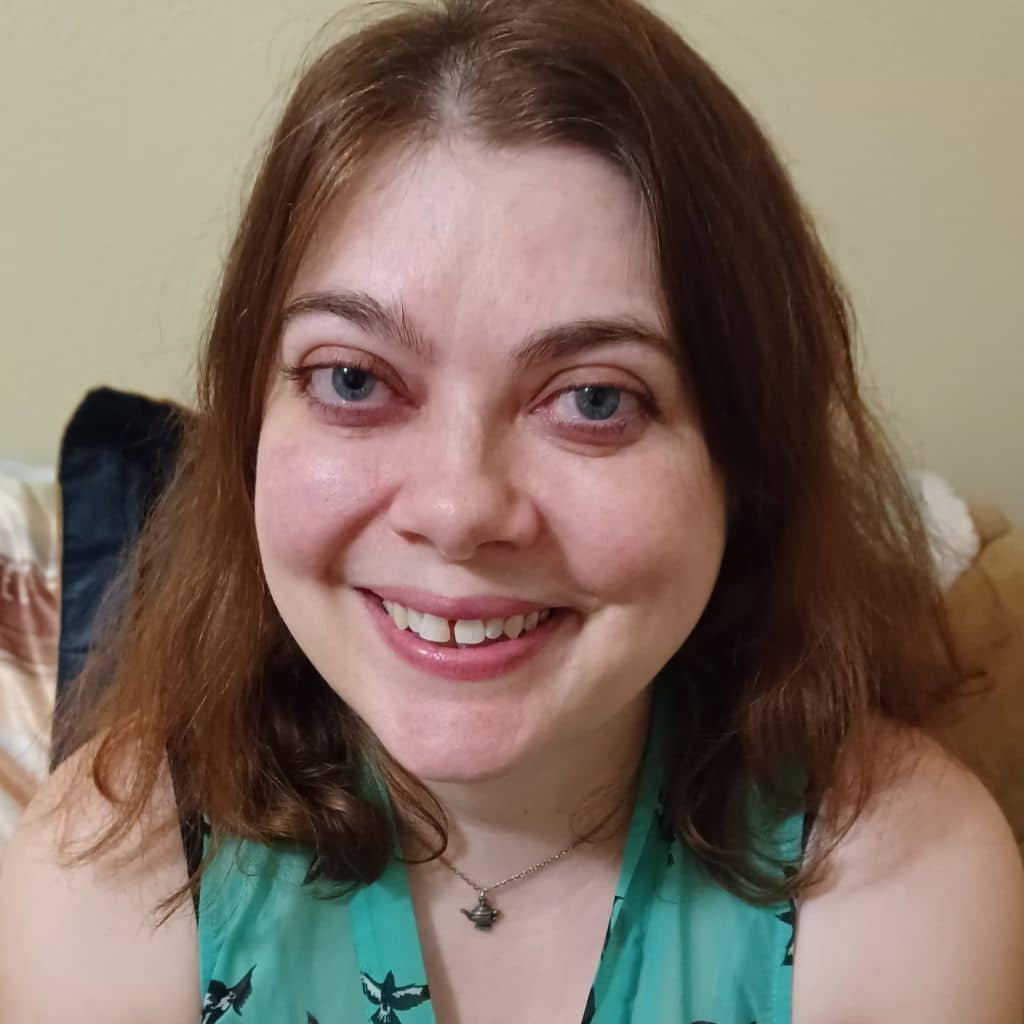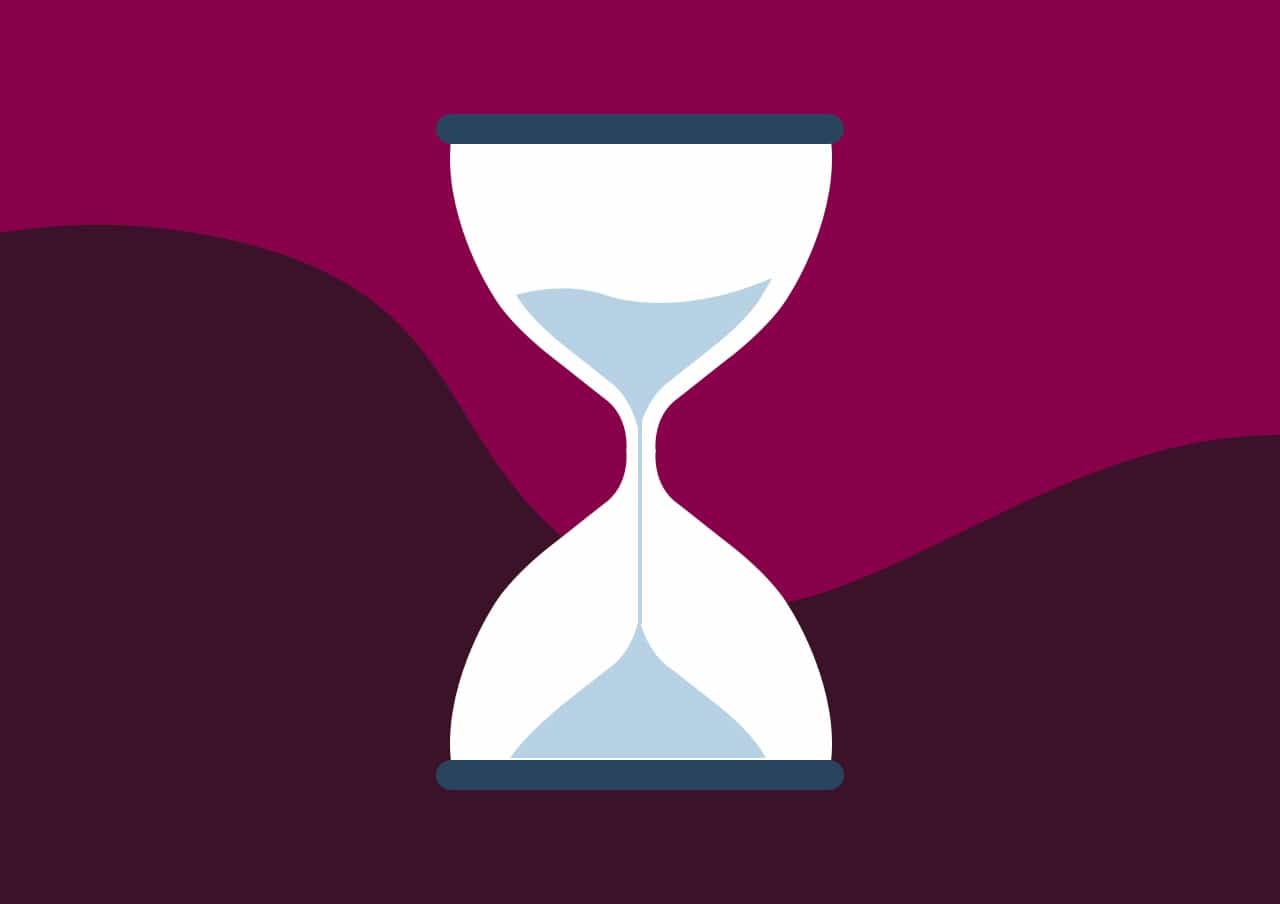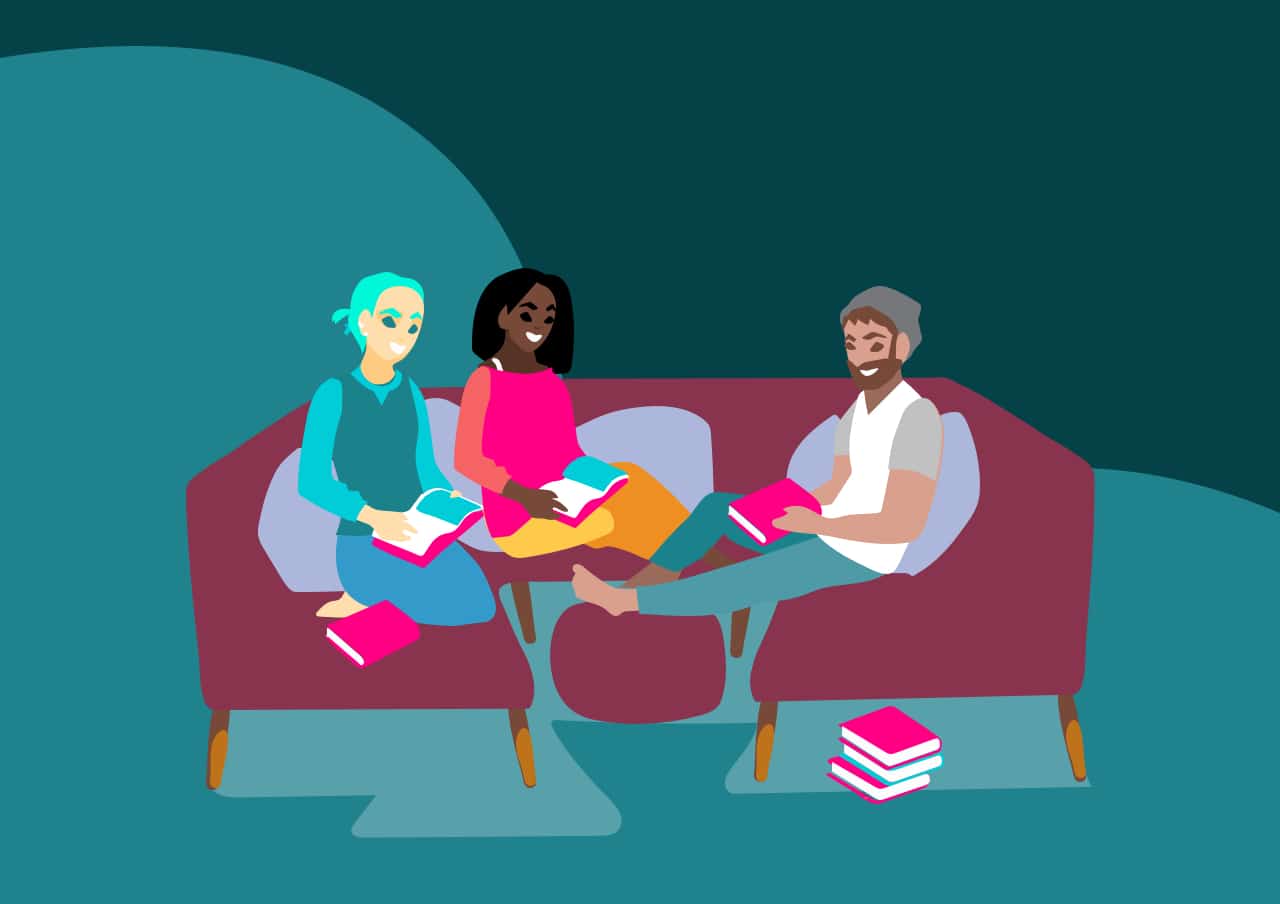
We’ve all been there: You picked up a book, maybe on the recommendation of a close friend, but no matter how hard you try, you just can’t finish the dang thing. Maybe it’s the length, or the main character is too much of an idiot, or the plot is too confusing.
Whatever the reason, hear me loud and clear when I say: It’s okay to stop reading a book!
If you’re an avid reader, there are few things more frustrating than investing hours in a book, hoping for it to take a turn for the better, only to accept what you already knew deep down — it’s just not for you. Plus, there’s the pesky stigma of those three damning letters, DNF (Did Not Finish).
However, above all else, remember that reading is self-care. And forcing yourself to read something that’s making you miserable isn’t self-care.
Let’s normalize quitting, shall we? We reached out to some of our favorite fiction authors and asked them, “At what point should you stop reading a book?” If bestselling writers can give themselves the permission to DNF, so can you.
1. You’re not connecting with the characters
Not sure if you like the story you’re reading? Maybe the issue isn’t with the writing style or the plot, but with the characters. Readers tend to gravitate to characters they find likable or relatable. And if they’re not either of those things, they need to at least be interesting.
For Clarissa Harwood, author of Bear No Malice, characters make or break the books she reads.
“What makes me give up on a book after the first couple of chapters is a protagonist who is either completely depraved or uninteresting,” she says. “If I find the protagonist interesting and they have at least one positive quality, I’ll keep reading!”
2. You’re not in the right mood
We’ve all heard that cliché breakup line, “It’s not you, it’s me.” Whether or not that’s true in dating, it can certainly be true with reading. If your current read isn’t clicking, ditch it in favor of something that fits with your current season of life.
Feeling stressed? Put down that heart-pounding thriller in lieu of a cozy cottagecore book.
If you have a beach getaway on the horizon, download a sea-set women’s fiction novel.
And if you’re eagerly awaiting Season 4 of The Witcher (BRB, still mourning Henry Cavill’s exit), devouring an epic fantasy will surely fill that void in your life.
Jessica Arden, author of the paranormal cozy mystery Once Ghosted, Twice Shy, states being “not in the right mood” as a reason she DNFs particular books.
Of course, Arden adds, “If it’s a book by a beloved author or has a killer premise that got me excited, I’ll hold out longer for things to pick up.” But remember, you can’t always force yourself to read a book if you’re not in the right mental space.
Feeling guilty about shelving a book? You can always come back to it later when the right mood strikes.
3. The story is just too slow
Different books move at different speeds, and that’s okay. But while sometimes we savor the language, scenery, or character development of a slower-paced book, other times it feels like we’re stuck in a bumper-to-bumper commute, frustrated by the lack of progress. In our fast-paced world, readers — and even writers — want to feel momentum.
“I usually know if I’m going to continue reading a book by the end of the first page,” Toby Neal, USA Today bestselling author of the Paradise Crime thriller series, admits. “I need to be grabbed by the voice of the writing, a gripping scenario, or a colorful or unique character, regardless of genre.”
Bestselling romance writer Mia Sosa agrees — and it rings true throughout her entire reading experience.
“My reasons for choosing not to finish a book depend on where I am in the story,” the The Worst Best Man author says. “If a book’s opening pages don’t grab me, either because it lacks a compelling inciting incident or the author’s voice is flat, I generally stop reading and move on.”
If you catch yourself screaming at the author, “Dear god, just get to the point already!”, take it as a sign to move on to something a little more riveting.
4. There’s too much going on
Much like books that progress at a snail’s pace, some novels are bogged down with an overwhelming number of elements — too many characters or a highly elaborate backstory, for instance.
This is a common reason historical romance writer Piper Huguley, author of By Her Own Design, will drop a book. “Sometimes there are multiple points of view too early,” she explains. “Three is the max. When I get to a fourth point of view, then I wonder what kind of story this is.”
Of course, some novels are made all the richer because of an abundance of detail. (Looking at you, J.R.R. Tolkien! Nobody describes trees better than you!) But if that’s not your speed, there’s no shame in letting it go. As Huguley points out, “Some authors get so wrapped up in making beautiful language that they forget about telling a story.”
5. It violates your personal dealbreakers
It’s good for books to challenge our assumptions, beliefs, and thought patterns at times. But occasionally a book veers too far down a path we don’t want to follow.
For Clarissa Harwood, “an animal being hurt” is a reason to stop reading. Heather Novak, author of the magical romance Hunting Witch Hazel, initiates a hard stop when it comes to certain sex scenes. “Safe sex and consent matter a lot to me, and a poorly done intimate scene can make me walk away,” she says.
Sosa also mentions problematic intimate content, specifically dubious consent, as a reason to close a book and explains that it “yanks me out of the story and makes me question the basic goodness of the protagonists.”
6. You’re just not enjoying it
If none of the above reasons fit, but you just aren’t relishing your reading experience, it’s time to move on to greener pastures.
“I don’t get to read for pleasure very often,” Novak says. “I want to be invested quickly, but clearly. I want to live in the pages. If I can’t dive in and get lost, I’ll move on.”
With so many great books out there, you’re destined to find your next great read right around the corner. Just ask Arden, who compares books to people. “Some I click with right away,” she says. “They make me laugh, intrigue, or surprise me, and I know we’re going to get along like old friends.”
In the end, Harwood sums it up perfectly: “Life is too short, and there are too many books!”

About the Author: G.G. Andrew
G.G. is a freelance writer and author of romance and women's fiction, including the short story "Everything Left Unsaid" in the collection A Million Ways: Stories of Motherhood. A Texas transplant, she lives outside Houston with her husband and two sons, both of whom are on the autism spectrum. In her spare time, she enjoys browsing bookstores, yoga, paper crafts, cooking, genealogy, and anything related to Halloween. She's probably drinking tea right now.





